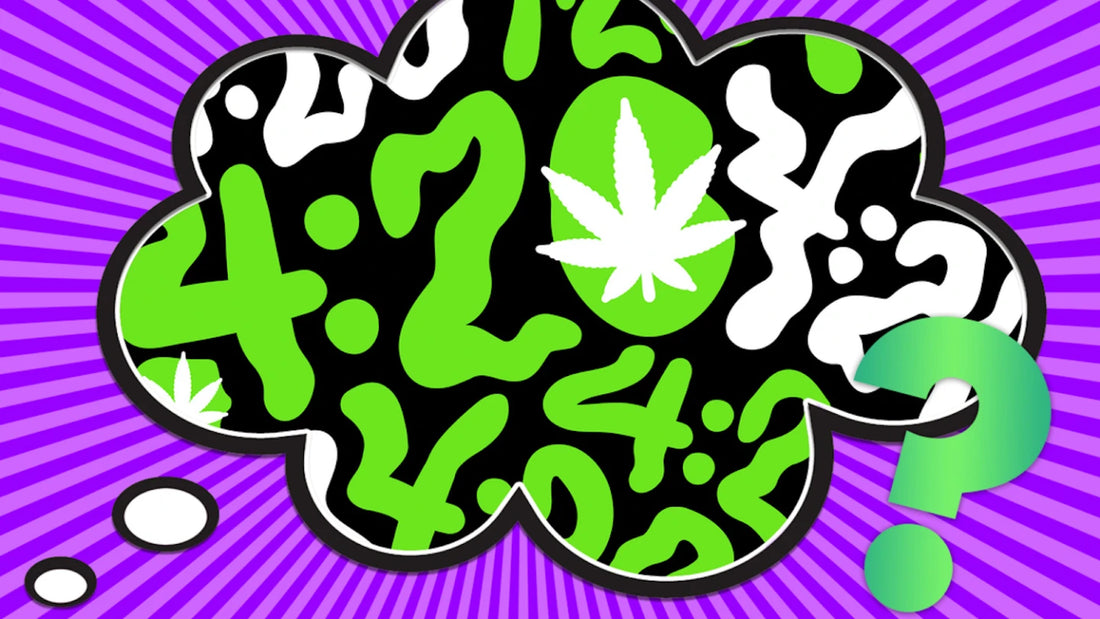The 420 Festival, an annual gathering of cannabis enthusiasts, has become an iconic event that celebrates cannabis culture, advocacy, and community. With a rich history spanning several decades, this festival has evolved from a small grassroots gathering to a global phenomenon. In this blog post, we will take a deep dive into the history of the 420 Festival, exploring its origins, significance, and the impact it has had on cannabis culture worldwide.
-
The Origins of 420: The term "420" has its roots in the early 1970s when a group of high school students from San Rafael, California, known as the "Waldos," would meet at 4:20 p.m. to search for a legendary abandoned cannabis crop. This ritualistic meet-up eventually led to the adoption of "420" as a code word among cannabis enthusiasts, representing both the time and the act of smoking or consuming cannabis.
-
The Birth of 420 Festivals:
- The Grateful Dead Connection: The influence of the Grateful Dead, a renowned American rock band, played a pivotal role in popularizing the concept of 420 festivals. Deadheads, devoted fans of the band, would gather at concerts and tour stops, creating a vibrant countercultural community centered around music, art, and cannabis.
- Hippie Hill and 420 Celebrations in San Francisco: In the 1990s, the annual 420 celebrations began to take shape at Hippie Hill in Golden Gate Park, San Francisco. These gatherings attracted thousands of cannabis enthusiasts who would gather on April 20th to celebrate and peacefully advocate for cannabis legalization.
- Global Spread and Modern-Day 420 Festivals:
- Cannabis Legalization and Cultural Acceptance: With the growing movement toward cannabis legalization and increased cultural acceptance of the plant, 420 festivals began to emerge in different parts of the world. These festivals provide platforms for education, advocacy, and celebration of cannabis culture.
- Notable 420 Festivals:
- High Times Cannabis Cup: Started in the 1980s by High Times magazine, the Cannabis Cup has become a renowned event, bringing together cannabis enthusiasts, industry professionals, and cultivators to celebrate and showcase the best strains and products.
- Seattle Hempfest: Known as the largest annual cannabis protest event in the world, Seattle Hempfest features music, speakers, and educational exhibits, advocating for cannabis reform and celebrating the plant's cultural significance.
- Denver 420 Rally: Held in Denver, Colorado, one of the first U.S. states to legalize recreational cannabis, the Denver 420 Rally is a massive gathering of cannabis enthusiasts, featuring live music, speakers, and vendor booths.
- The Cultural Impact of 420 Festivals:
- Cannabis Advocacy and Education: 420 festivals have become important platforms for cannabis advocacy and education. These events offer opportunities for attendees to learn about the medicinal benefits, responsible use, and the social and economic impact of cannabis legalization.
- Community Building: 420 festivals foster a sense of community among cannabis enthusiasts, providing a space for like-minded individuals to connect, share experiences, and celebrate their shared love for the plant. These events help break down stigma and create a supportive environment for cannabis culture.
- Entertainment and Artistic Expression: 420 festivals often feature live music performances, art installations, and interactive experiences. These elements enhance the overall festival experience and celebrate the creative expression inspired by cannabis culture.
Conclusion: The 420 Festival has grown from humble beginnings to a global phenomenon, serving as a platform for cannabis advocacy, community building, and celebration. Through its rich history and cultural impact, the festival has played a crucial role in shaping the perception and acceptance of cannabis worldwide. As we move forward, 420 festivals will continue to evolve, reflecting the changing landscape of cannabis legalization and the vibrant cultural tapestry woven by cannabis enthusiasts.

